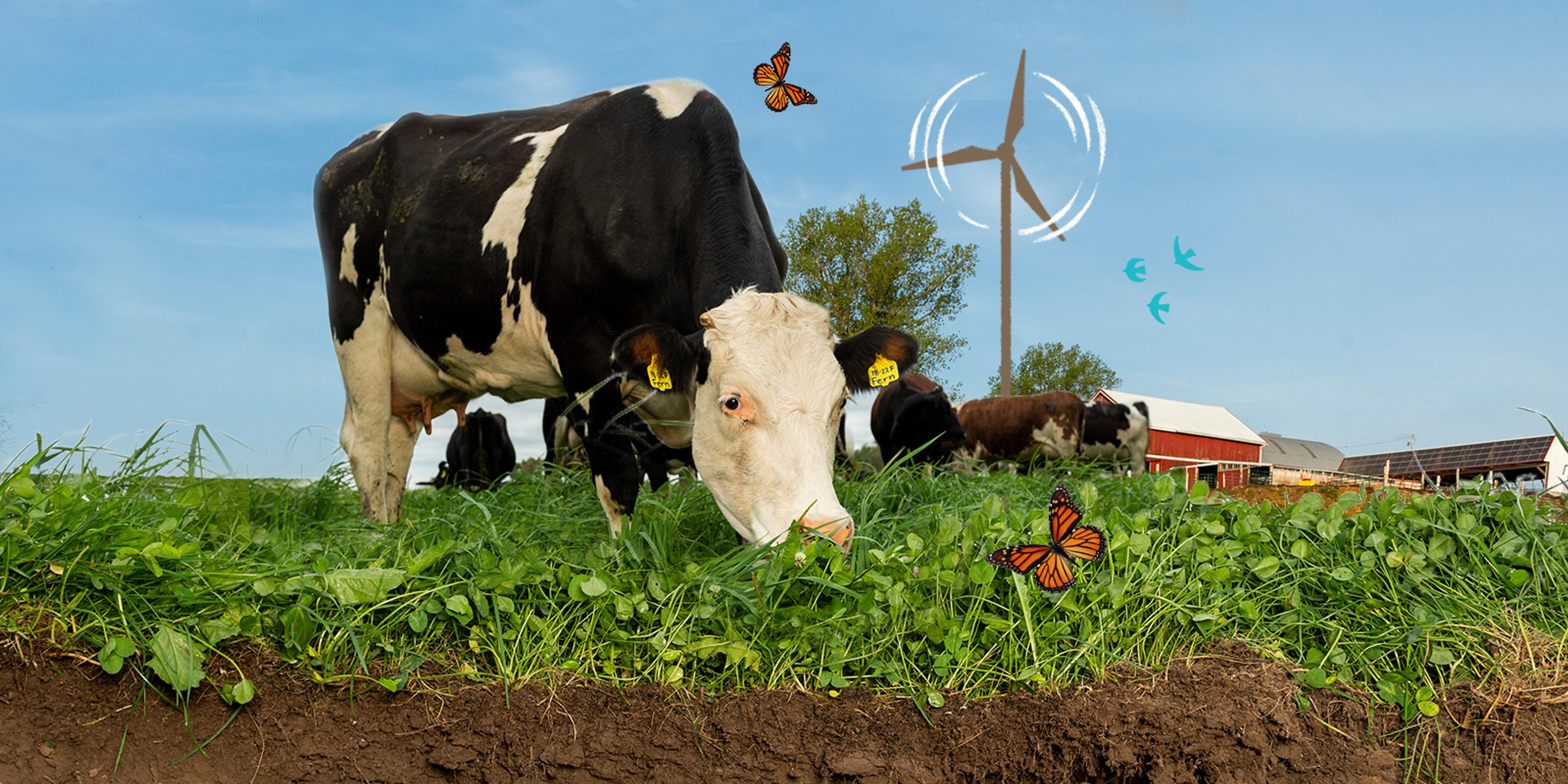
Earth
The Big Impact of Small Organic Family Farms in 2022
At Organic Valley, sustainability is at the forefront of what we do, which is saving small family farms. Another rather important core belief of ours is celebration. When we look back on 2022, there are accomplishments we continue to celebrate.
A total of 84 small organic family farms joined the cooperative in 2022, we introduced new coffee creamers as well as support smoothie mixes to our product line, and exceeded our sustainability-backed goals which included multiple climate-friendly outcomes. And the best part? We’re just getting started.
Let’s take a look at some of these exciting milestones!
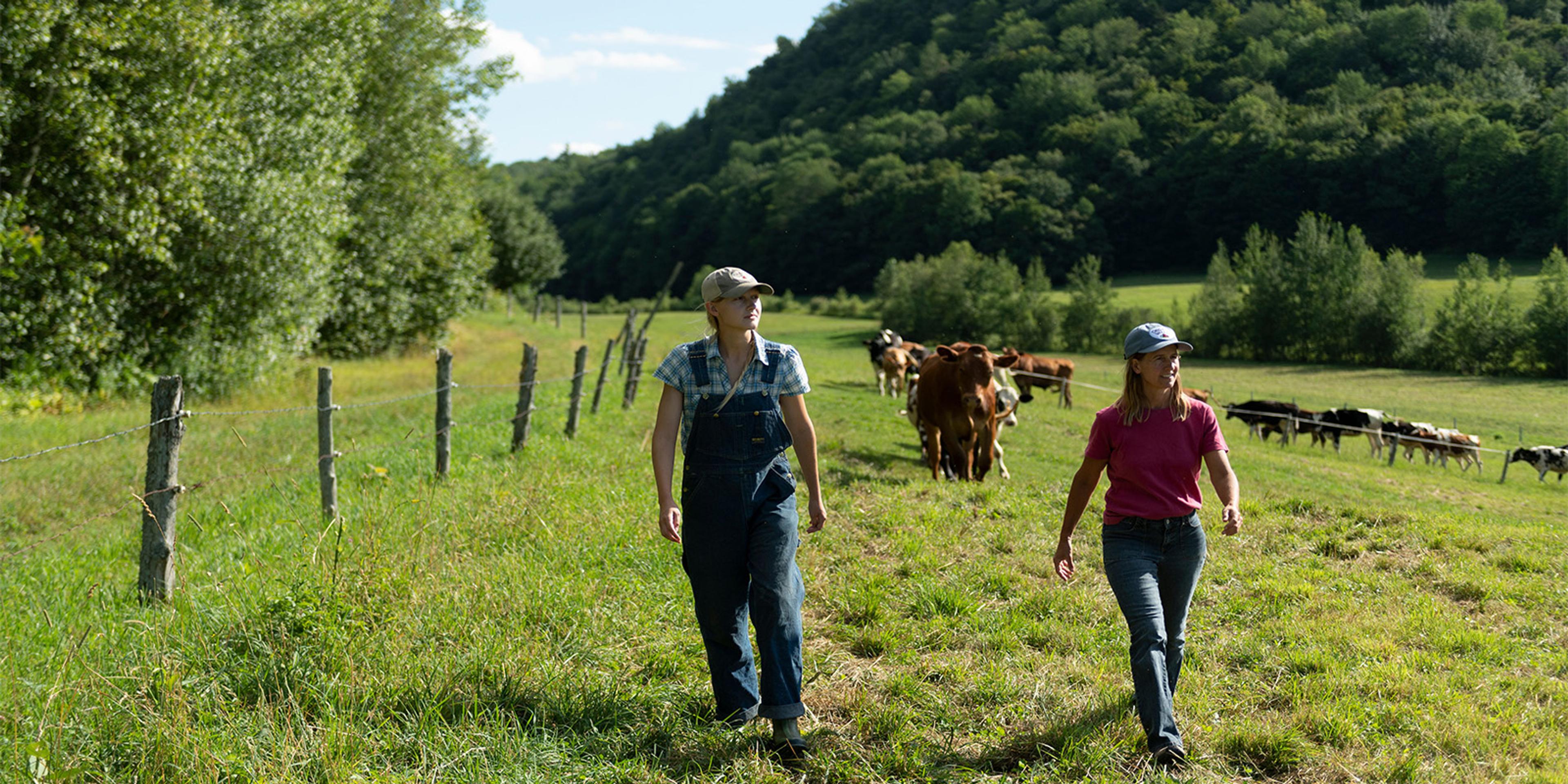
The Rooney farm in Vermont.
Great News About Organic
Perhaps the most exciting sustainability news to come out of 2022 is that organic dairy farms average 24% lower greenhouse gas emissions than conventional dairy farms!
A first-of-its-kind study, led by Dr. Horacio Aguirre-Villegas of University of Wisconsin–Madison, accounts for carbon sequestered by cows on pasture. This study is a historic precedent in pioneering the climate change crisis through agriculture.
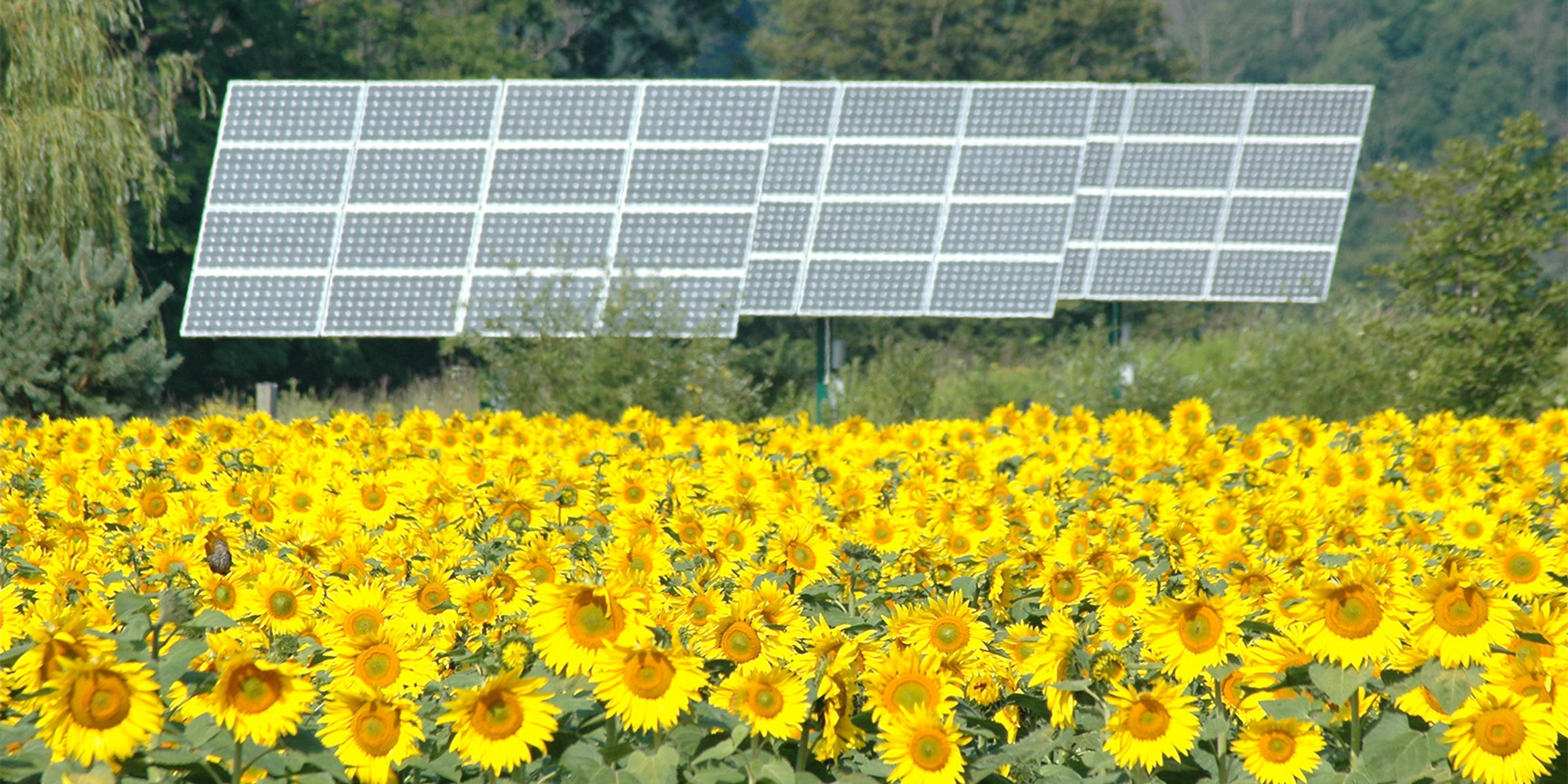
Organic Valley Headquarters in Wisconsin.
$25M Grant to Help Combat Climate Crisis
In September, U.S. Secretary of Agriculture Tom Vilsack presented the co-op with a $25 million grant through the U.S. Department of Agriculture. The grant is focused on helping small organic family farms establish and measure on-farm practices to reduce greenhouse gas emissions. What makes this exciting is the reach this grant will give us to implement change to combat the climate crisis.
The grant allows Organic Valley to advance our pilot carbon insetting program. Read on to learn about the program.
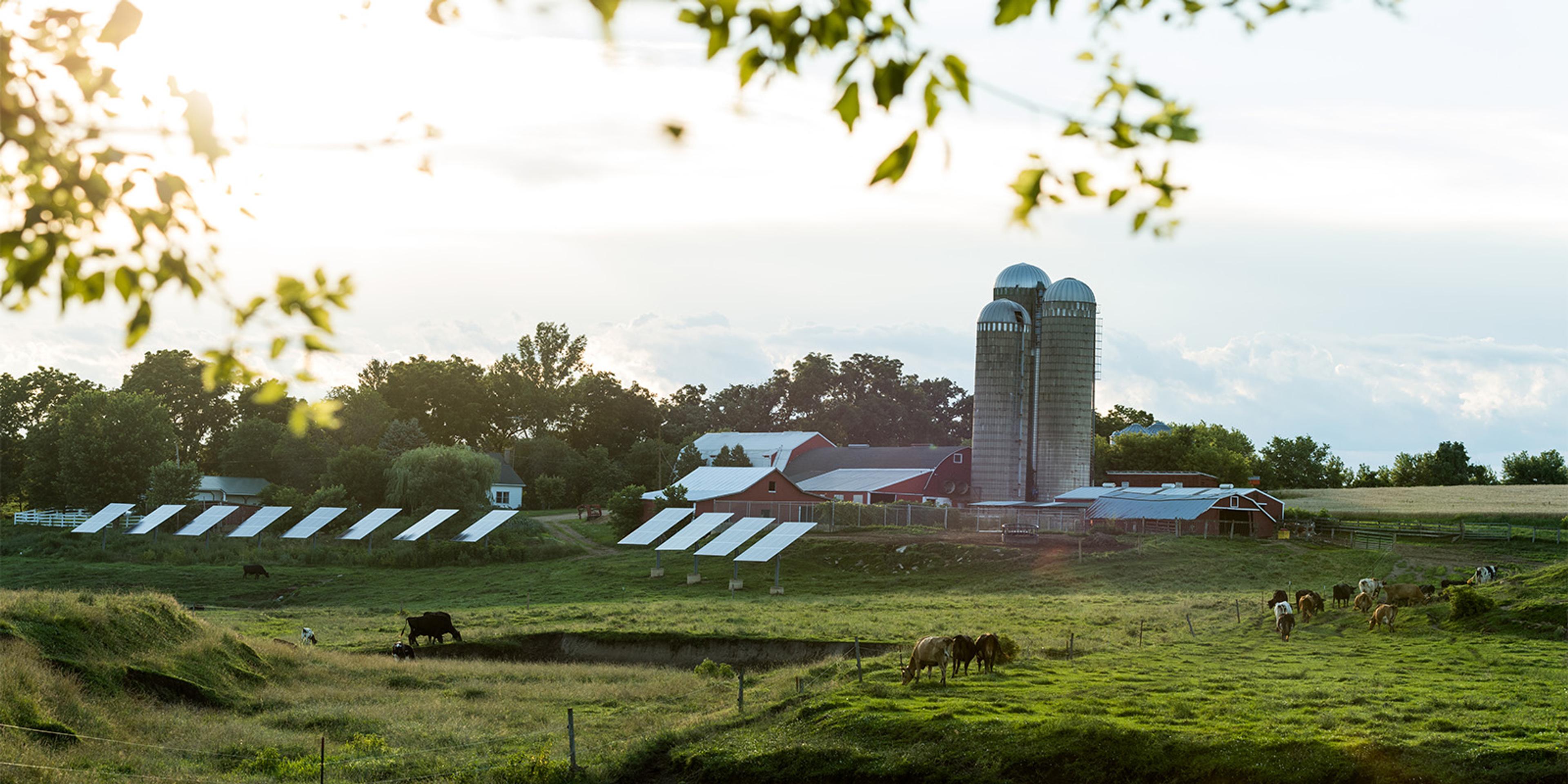
A view of an Organic Valley farm in Wisconsin.
Not Paying to Reduce Our Carbon Hoofprint
We have a carbon insetting program to reduce our carbon footprint and won’t pay for carbon credits to reduce our environmental impact.
Our farmers will use soil health improvements, tree plantings and other environmental opportunities that remove greenhouse gas emissions from the atmosphere through a process called carbon sequestration. Our farmers will also install even more solar energy systems and increase the amount they compost.
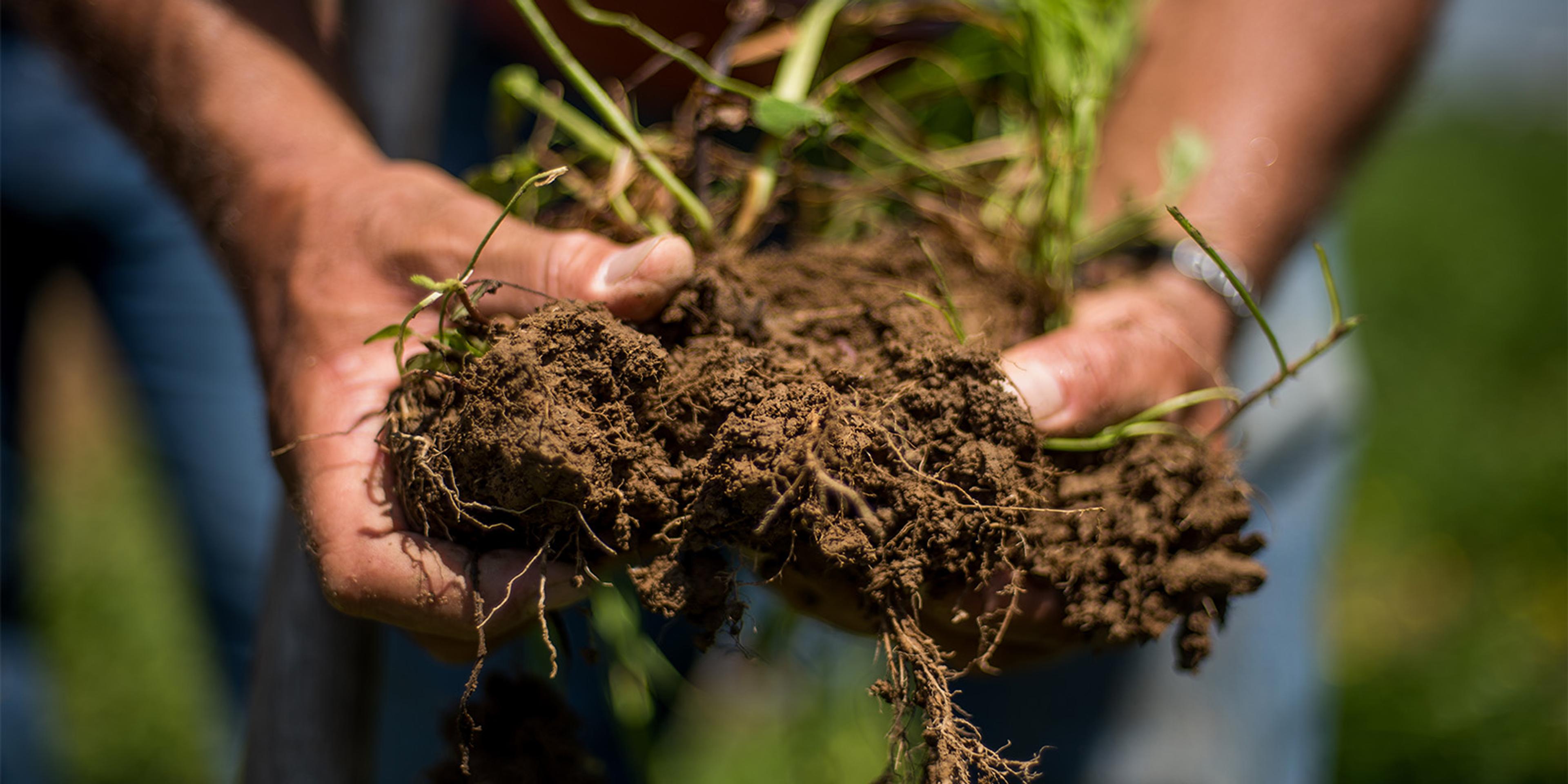
Digging in to look at soil health on the Miller organic farm in Ohio.
Keeping An Eye on Soil Health
In February we began our partnership with Yard Stick, a Massachusetts company that specializes in measuring carbon levels in the soil.
With this groundbreaking technology, we’ve partnered on a pilot program which is proving to be much more effective and efficient than traditional methods of measuring carbon levels in soil. In the world of agriculture, this is a pretty big deal!
This is important as it better supports regenerative agricultural practices, such as building soil health, increasing soil carbon storage ability, and improving the water-holding capacity of fields and pastures. The end goal here is to increase the amount of carbon in the soil to decrease the amount of carbon dioxide in the atmosphere, leading to the reduction of global climate change.
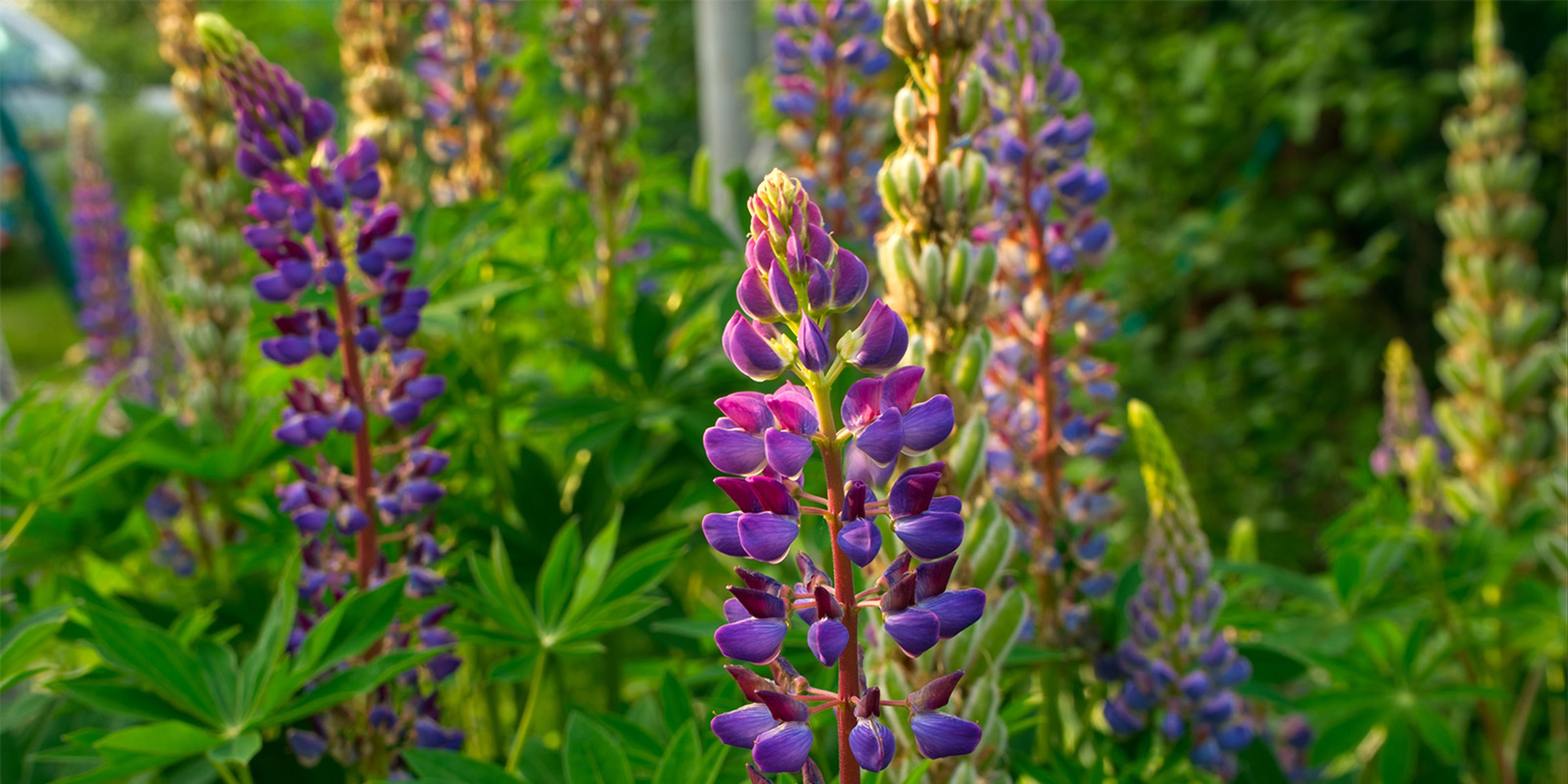
Lupine
Promoting Biodiversity Pays Off
Did you know that there are 6,147 plants on the United States endangered species list? No? That’s alright, neither did we. One of those endangered species is alive and well on an Organic Valley farm in Oregon thanks to the Mallonee family.
Enter the Kincaid’s lupine. This native Northwestern flower boasts a beautiful lavender hue that contrasts harmoniously with the surrounding climate.
“If our farm wasn’t organic, the lupine would not be flourishing here,” said Maynard Mallonee, third-generation dairy farmer and Organic Valley co-op member.
This is just one example of the biodiversity that comes from being good land stewards.
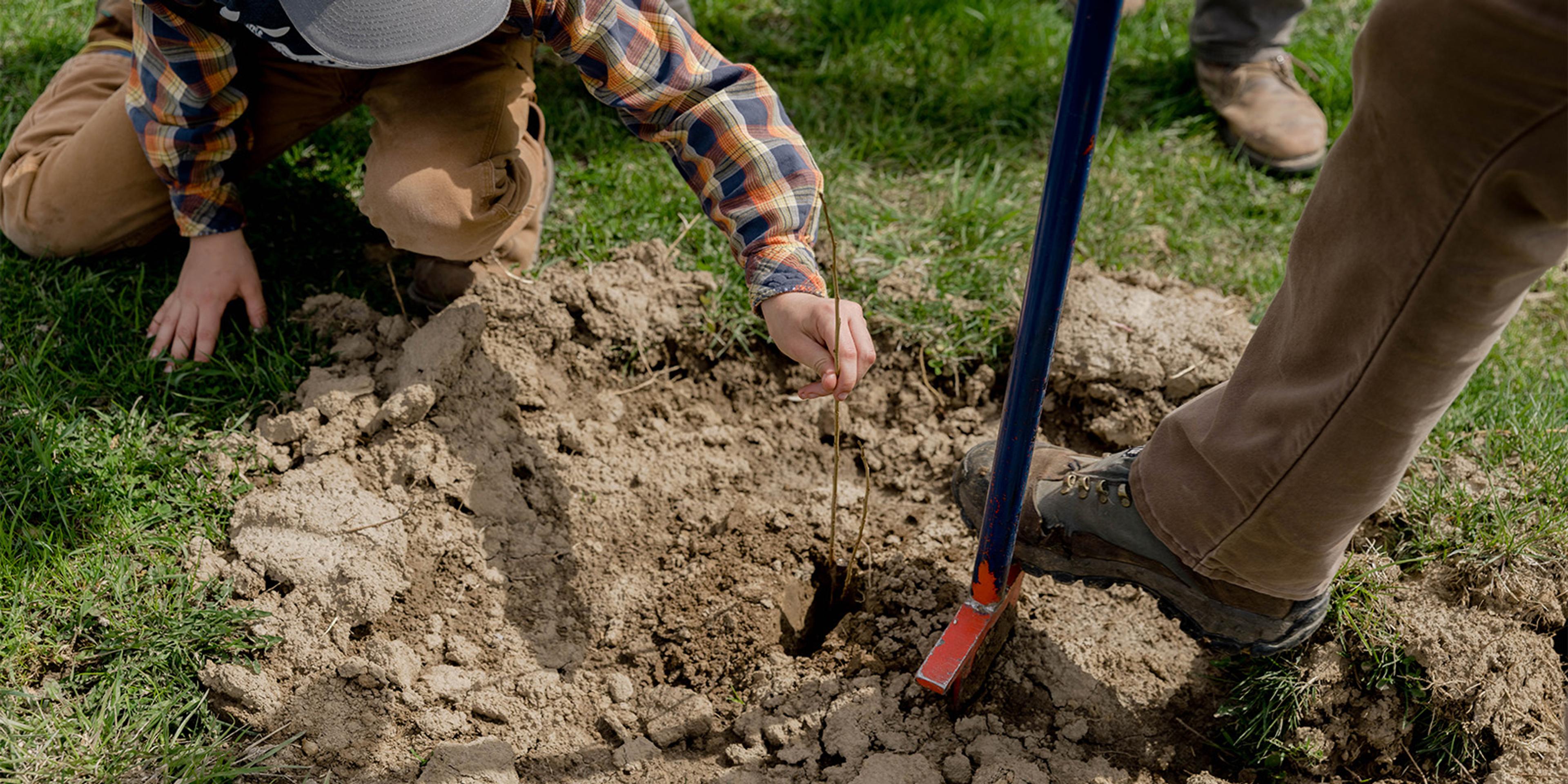
Tree planting at the Gretebeck farm in Wisconsin.
Planting Lots and Lots of Trees
Have you ever heard of silvopasture? Silvopasture is intentionally pairing trees, pasture, and grazing animals for the good of the soil, animals and earth.
It takes 10 years for 1,100 trees to sequester 66.5 metric tons of carbon dioxide. With this math, our vision, and the help from All Seasons Farm, we came together to do just that: plant 1,100 trees. And that’s not the only Organic Valley farm family that has been busy planting trees!
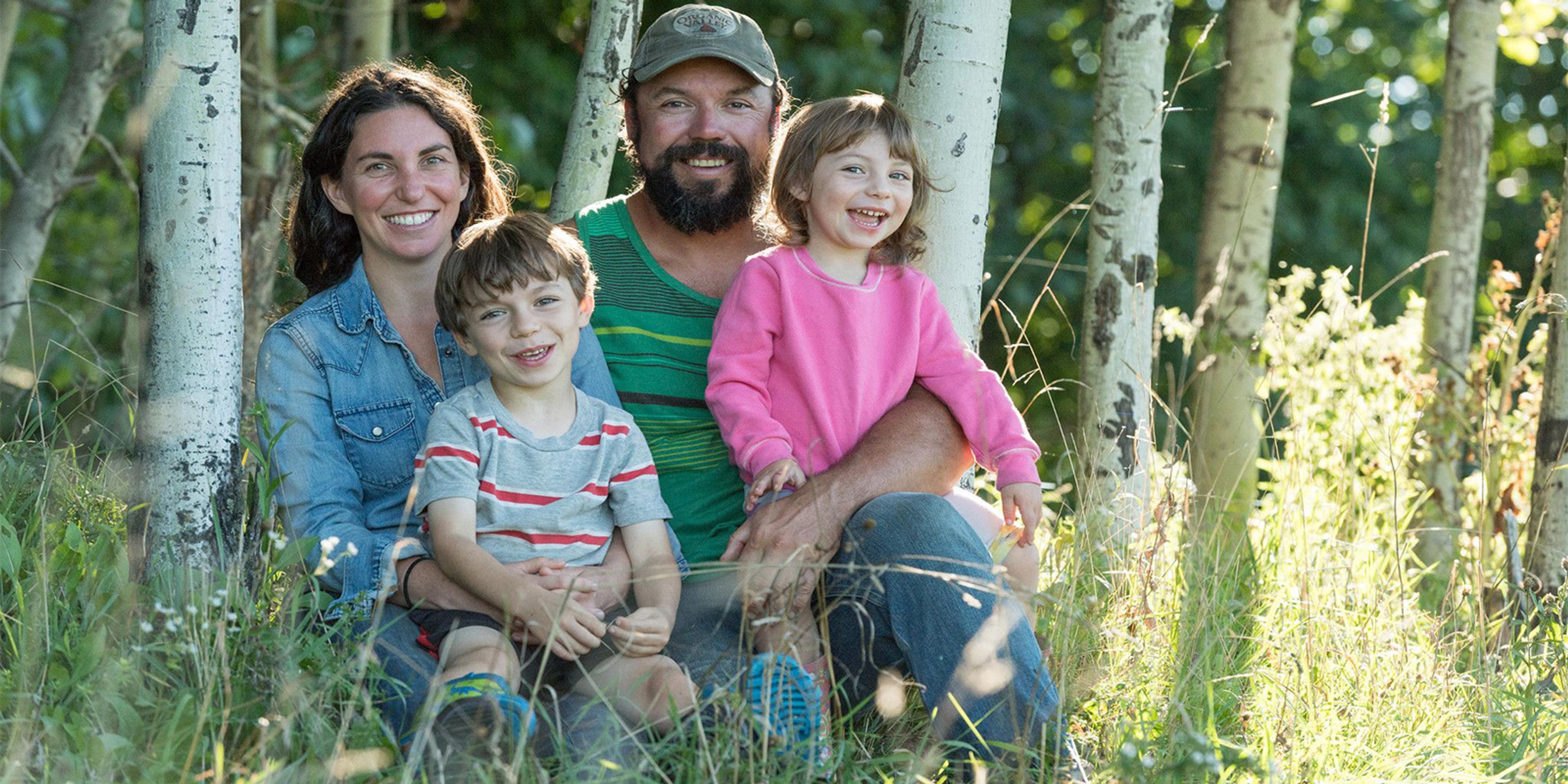
The Webb family in Vermont.
Thank You for Supporting Small Organic Family Farms
So much was accomplished this year and one of the most fulfilling aspects is having loyal and caring consumers who share our mission and values by purchasing Organic Valley products and supporting other small family businesses and farms.
Your choices are impacting small organic family farmers who care about quality products, animals and the earth. Thank you.
Related Articles
Tags:
- climate,
- environment,
- renewable energy,
- sustainable business,
- biodiversity,
- making an impact

















